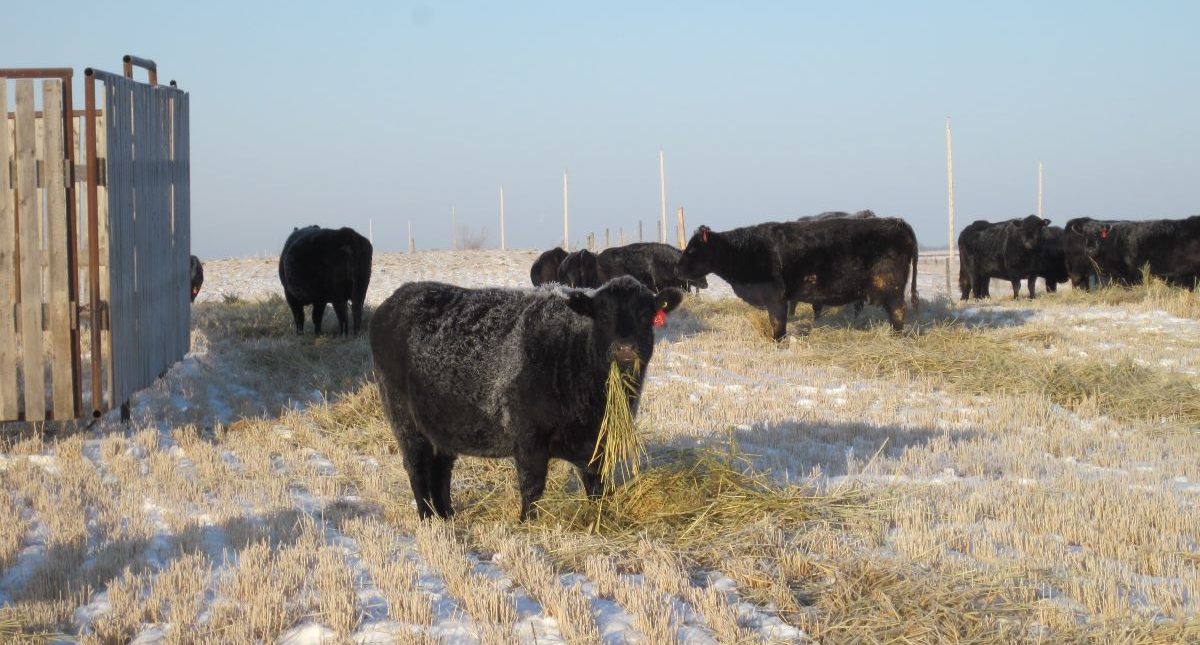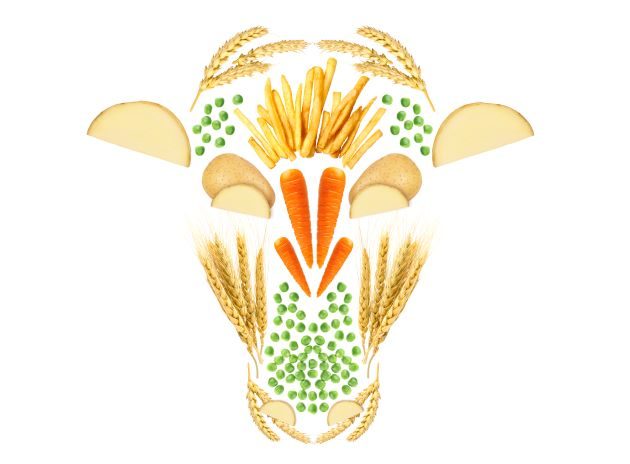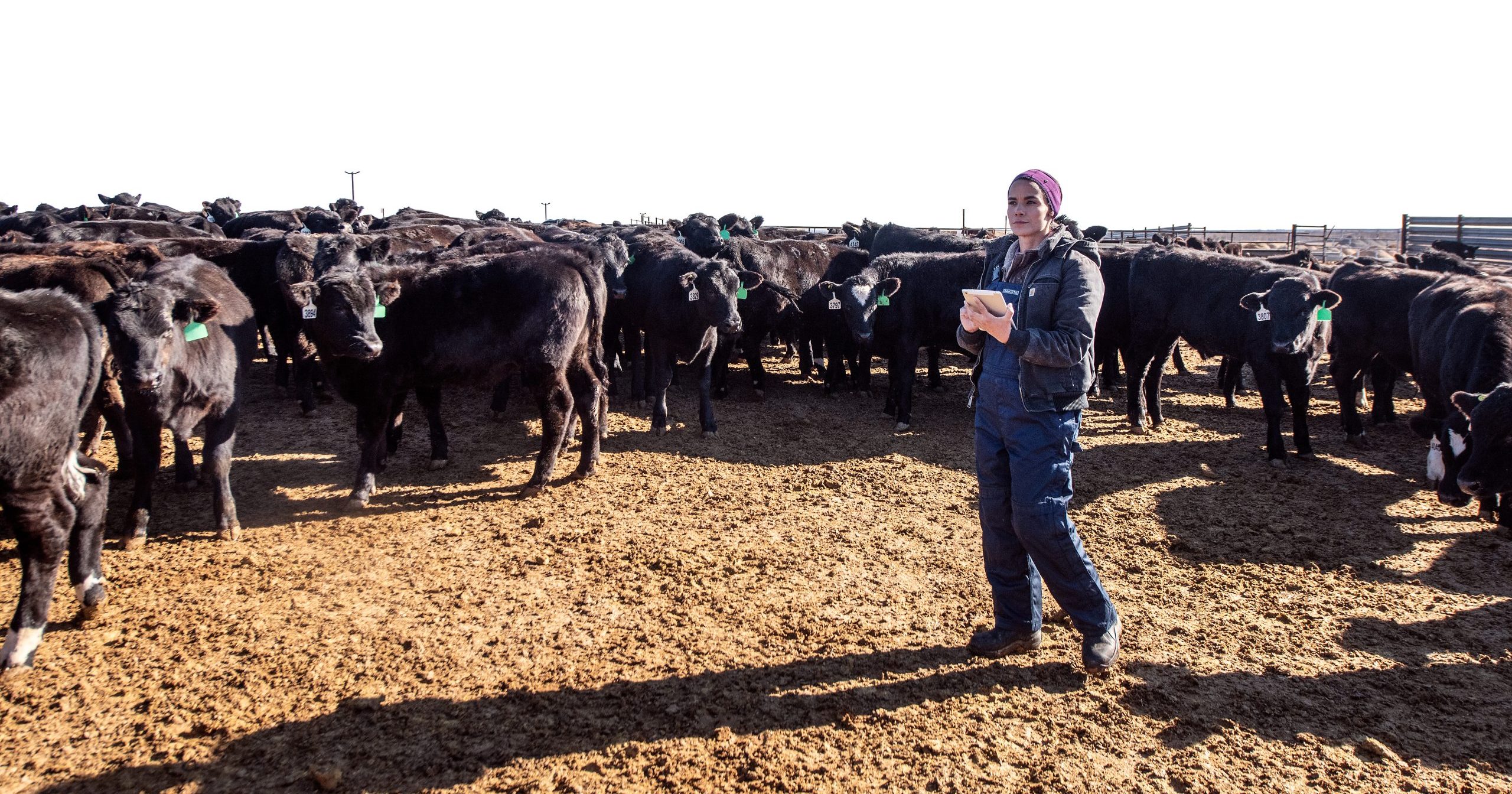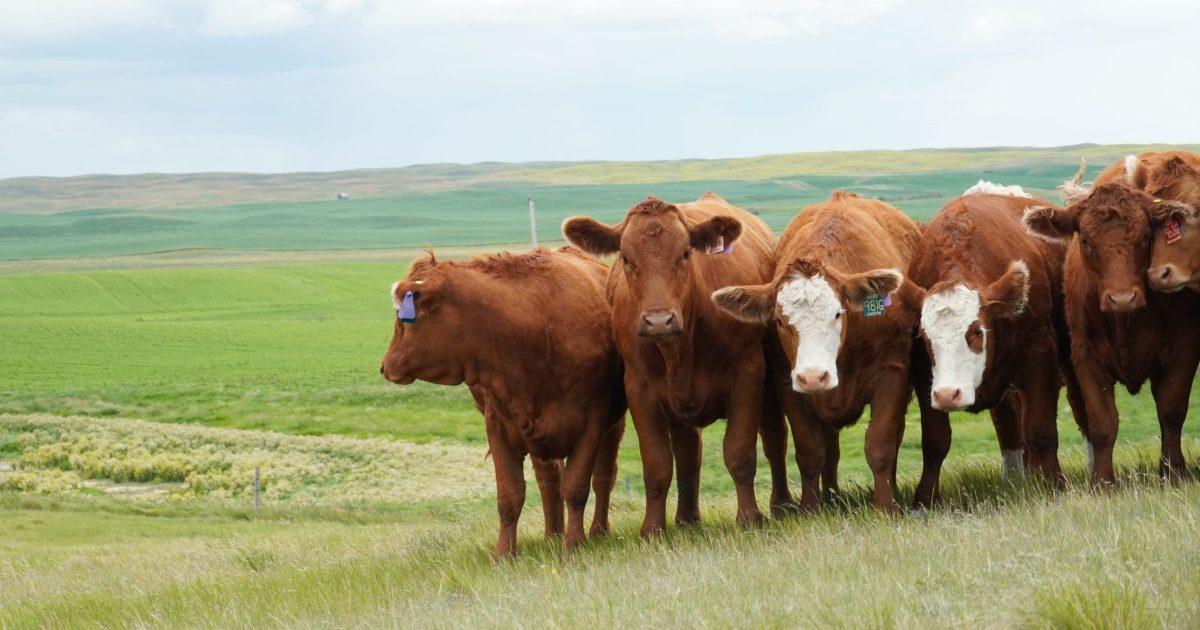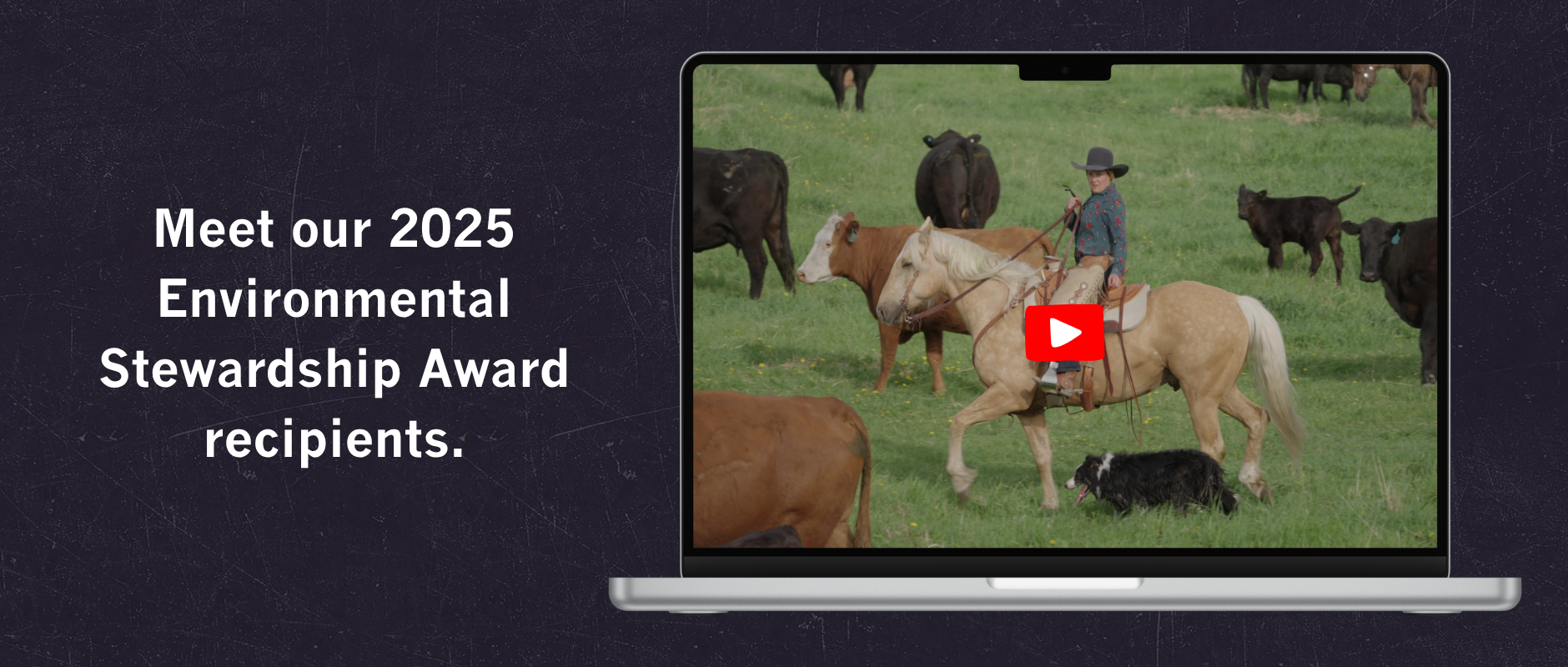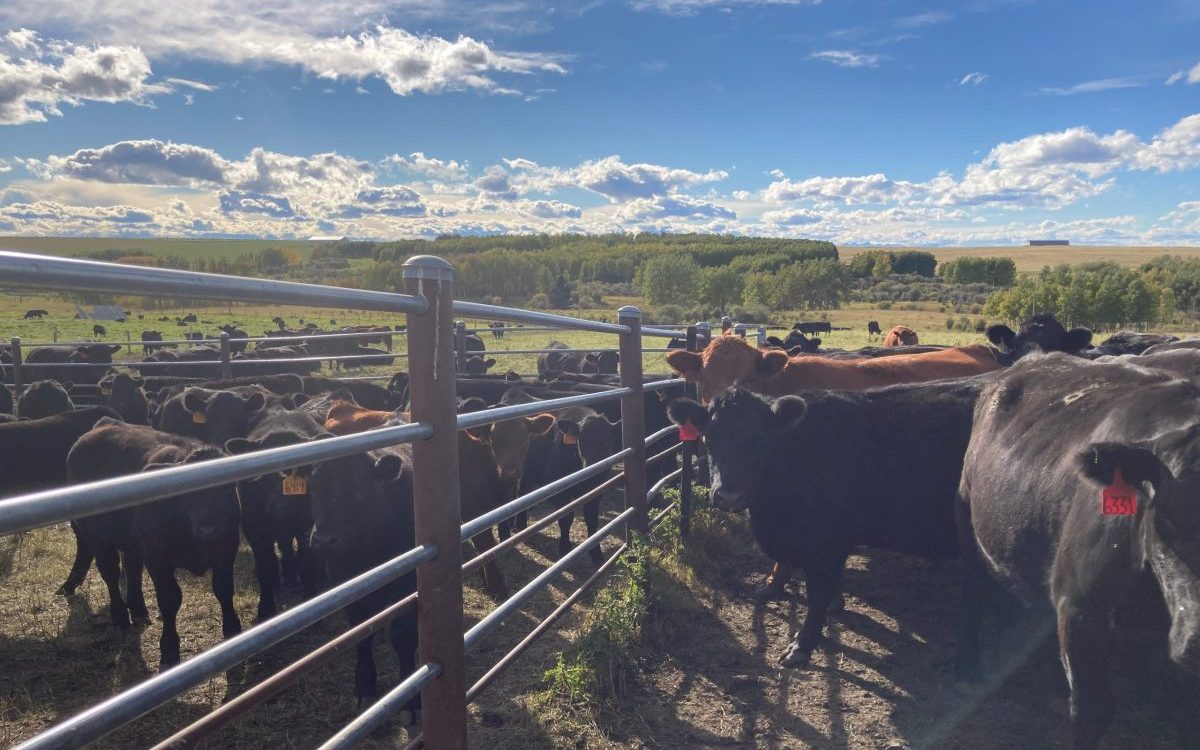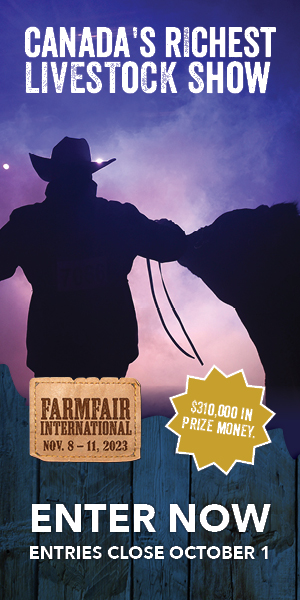AB Direct - Steers
Rail: ---
AB Direct - Heifers
Rail: ---
US Trade- Steers
Rail: 290.00 (IA)
US Trade - Heifers
Rail: 290.00 (IA)
Canadian Dollar
0.02
Latest News
-
November 14, 2025 Checking in with ABP
Heading One - lorem ipsum dolor sit amet, consectetur adipiscing elit
-
February 21, 2024 Business Tools
Livestock drought assistance expanding to new regions in Alberta
-
October 5, 2023 Current Markets & Forecasts
Canfax Cattle Market Update | Fed market taking a breath, first half feedlot placements lower
Conditioning is key to transport success
The results of a four-year animal transport research study, funded in part by ABP, suggest the most important animal welfare factor in transport may be conditioning before they get on the truck. Since we last reported on this story in January 2022, researchers have completed their final year of a study to help improve animal…
The productivity pluses of winter grazing
Winter grazing has productivity pluses, including reduced costs for feed and labour and improved soil fertility. We spoke to three grazing experts to collect some research data and pro tips that will help you maximize the pluses of winter grazing. According to the Western Canadian Cow Calf Survey, a high percentage of beef producers have…
The ultimate upcyclers
Beef producers across western Canada are turning surplus food and food waste into high-quality protein by upcycling food that would otherwise go unused. By forming relationships with food producers, processors and retailers, beef producers across Canada are helping convert a massive amount of human inedible food, plants and plant byproducts into high-quality protein – milk,…
Winter stewardship…check
As the shortest and coldest days approach, now is the right time to prepare the herd for the worst winter might bring. We asked veterinarian Dr. Roy Lewis to help us check off chores to complete now, before the chilliest days arrive. Feed Start by ensuring you have secured enough winter feed for the size…
Using antimicrobials sustainably
Antimicrobial use in beef cattle production greatly benefits animal health. But, it has come under scrutiny in recent years, due to increasing incidents of antimicrobial resistance. To bring you the full story, we spoke to an animal health scientist and a feedlot veterinarian about the benefits and challenges of antimicrobial use, the developing risk of…
Taking a closer look at Johne’s disease
Johne’s disease is a sneaky production-limiting disease that damages herd health. We introduced Johne’s in the November 2021 issue. A new digital risk-reward calculator has been developed to help beef producers predict the future spread of Johne’s in their herds, and compare costs and benefits of different management strategies. As cattle herds grow and consolidate,…



